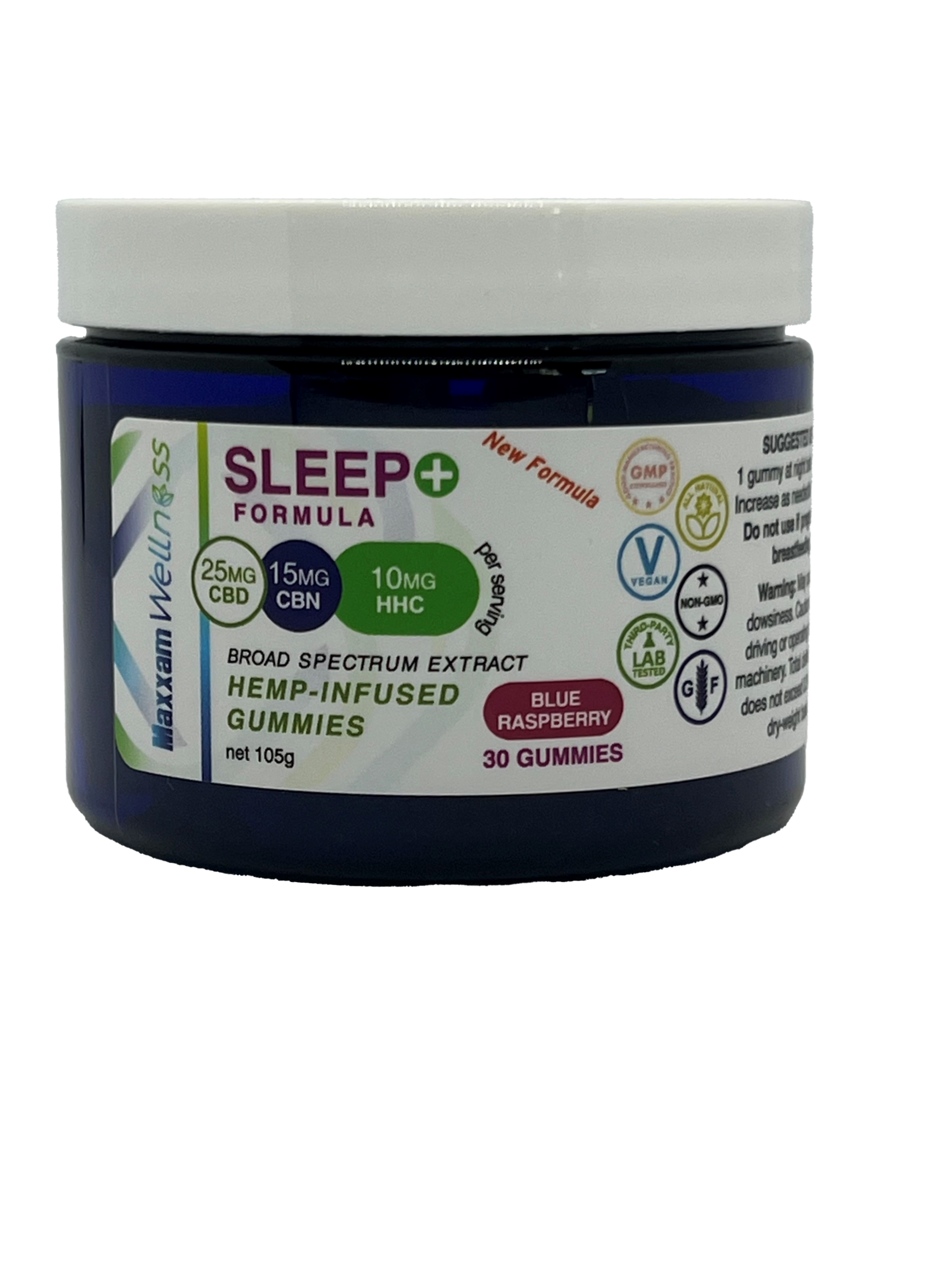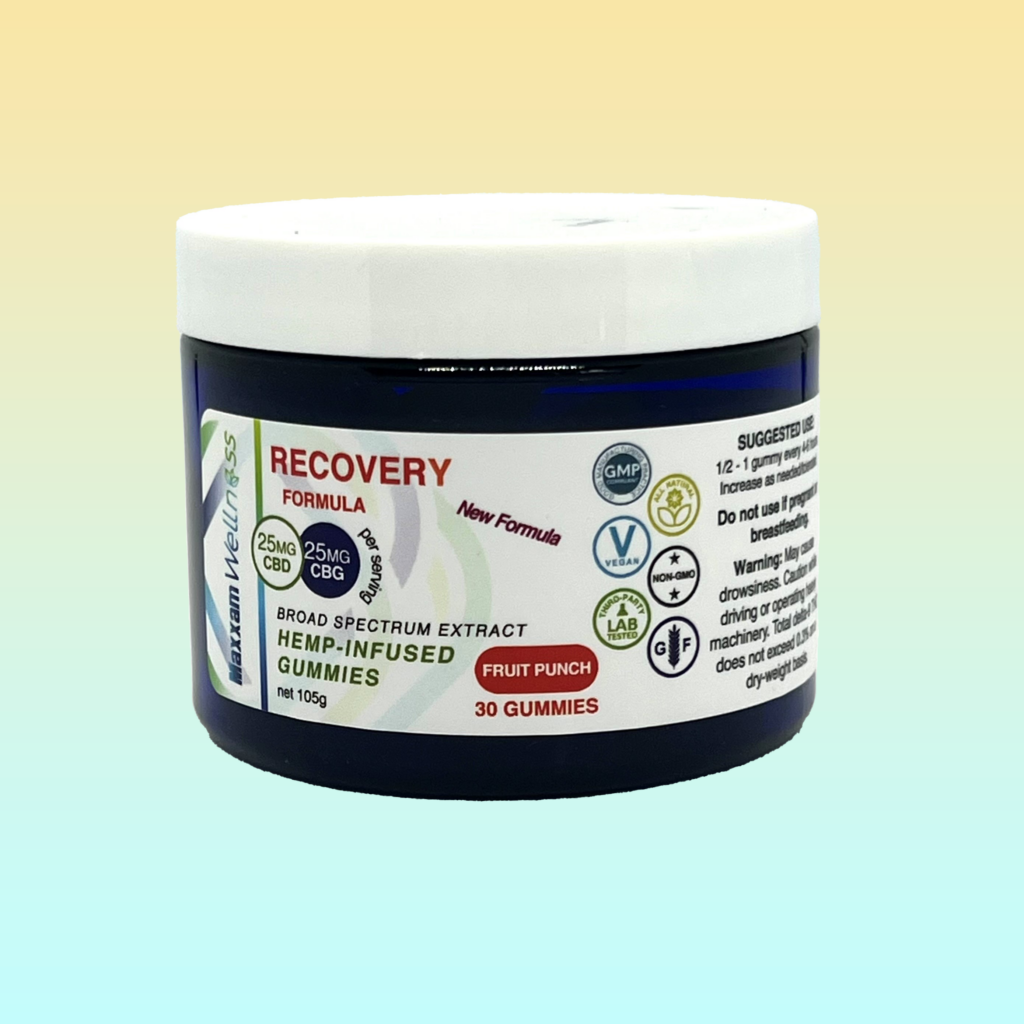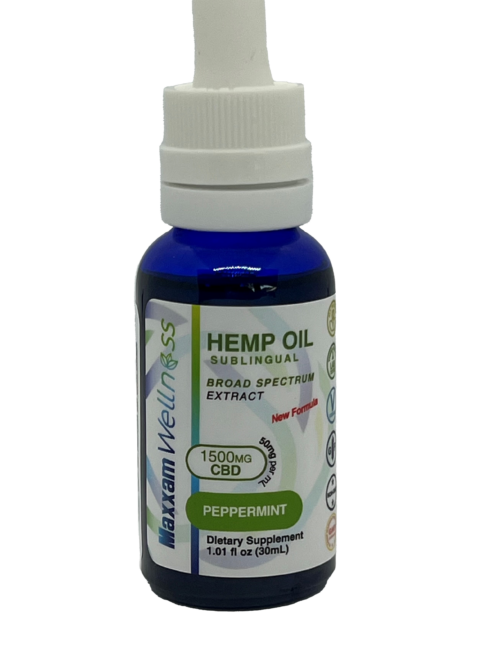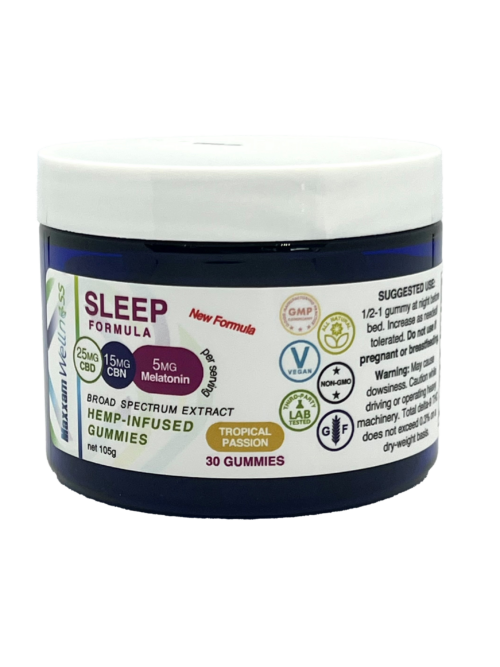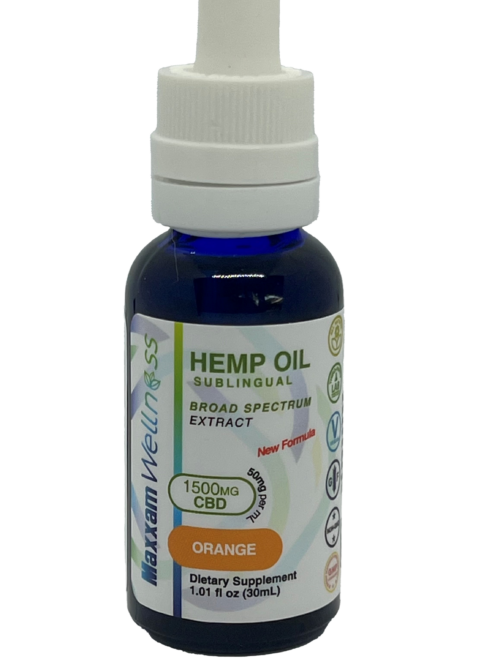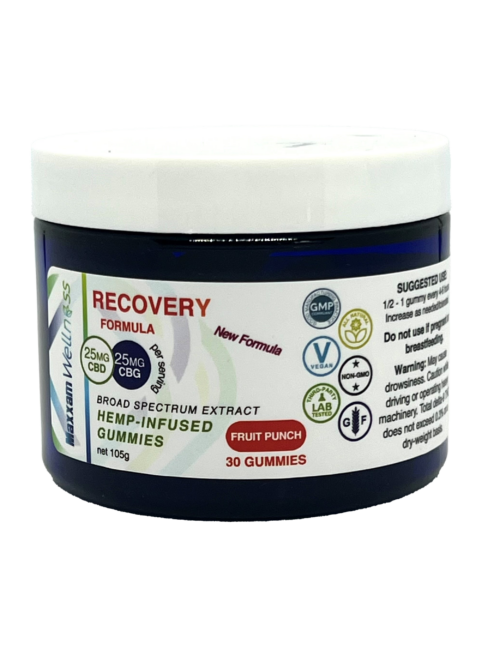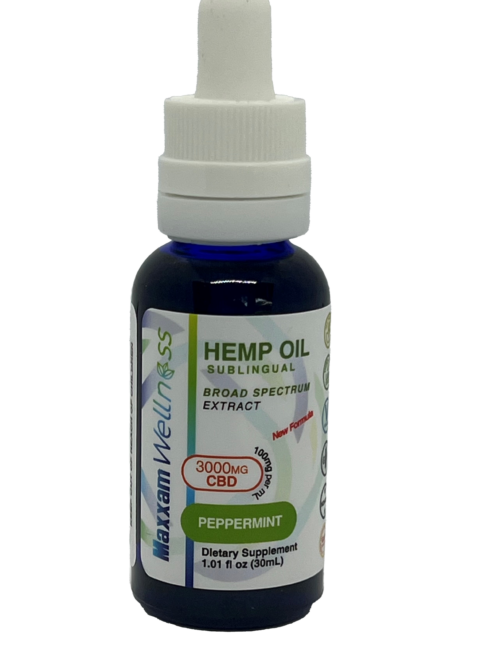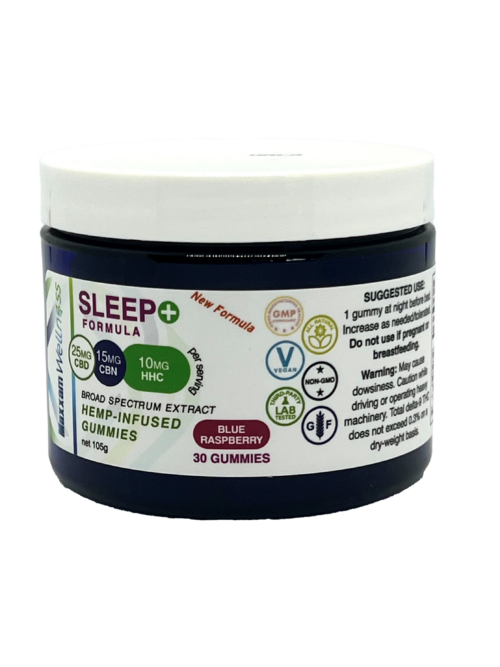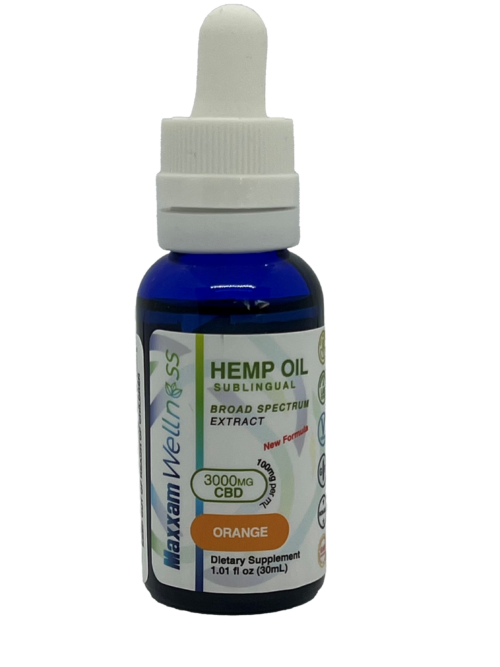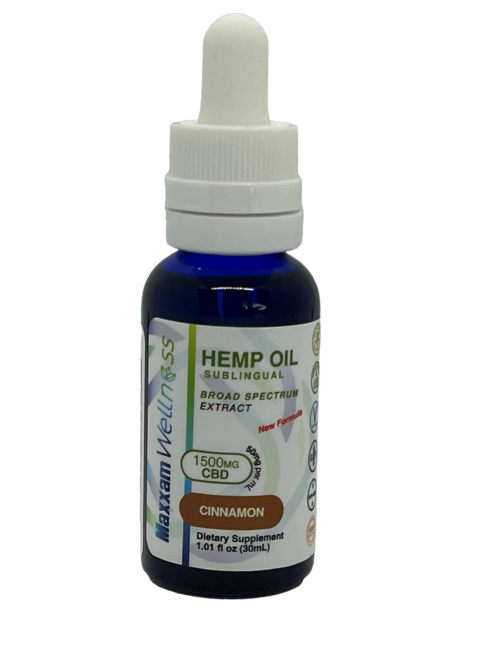Why You Should Buy CBD Oil From Us?
No matter where you choose to buy CBD oil or shop for CBD oil for sale online, we here at Maxxam Wellness will remain true to the mission we’ve established from day one.
Unlike many of our competitors, we still source all of our hemp from here in the USA. We have sourced our products from manufacturers in the US that are GMP certified and only use all-natural ingredients, organically grown CBD, producing Vegan, Non-GMO, and Gluten Free products. All of our products have been tracked seed to sale and third-party tested for purity and safety.

